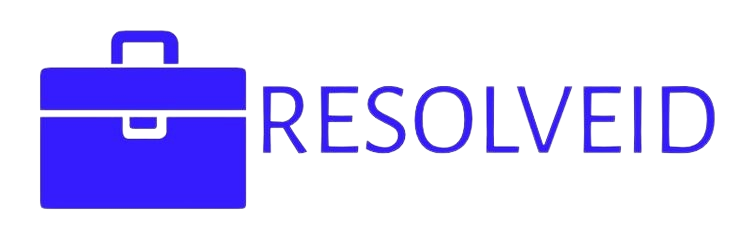Mastering Meeting Etiquette Essential Tips for Success

Navigating the World of Meeting Etiquette
In the fast-paced world of business, mastering meeting etiquette is crucial for success. Effective communication, professionalism, and respect are paramount in ensuring productive and successful meetings. Let’s explore some essential tips for mastering meeting etiquette and setting the stage for success.
Arrive Prepared: The Key to Productive Meetings
Preparation is key to making the most of meeting time. Arriving prepared demonstrates professionalism and respect for everyone’s time. Review the agenda beforehand, gather any necessary materials, and come ready to contribute meaningfully to the discussion.
Punctuality Matters: Respect Everyone’s Time
Punctuality is a fundamental aspect of meeting etiquette. Arriving late not only disrupts the flow of the meeting but also shows a lack of respect for other attendees’ time. Aim to arrive a few minutes early to settle in and be ready to start on time.
Active Listening: Engage and Participate
Effective communication is a two-way street, and active listening is essential in meetings. Engage fully in the discussion by listening attentively to others’ perspectives, asking clarifying questions, and offering constructive contributions. Avoid interrupting or dominating the conversation, allowing everyone a chance to speak.
Mind Your Body Language: Convey Confidence and Respect
Body language speaks volumes in meetings and can significantly impact how others perceive you. Maintain good posture, make eye contact, and avoid distracting gestures such as tapping or fidgeting. By conveying confidence and respect through your body language, you’ll command attention and respect from others.
Respectful Communication: Be Clear and Concise
Clarity and conciseness are essential in effective communication during meetings. Be mindful of speaking clearly and avoiding jargon or technical language that may confuse others. Keep your contributions relevant to the discussion at hand, respecting everyone’s time and attention.
Manage Technology Wisely: Minimize Distractions
While technology can enhance productivity, it can also be a source of distraction in meetings if not used mindfully. Silence your phone, close unnecessary tabs on your computer, and avoid multitasking during the meeting. By minimizing distractions, you’ll be better able to focus on the discussion at hand.
Handle Disagreements Gracefully: Foster Constructive Dialogue
Disagreements are a natural part of meetings, but it’s essential to handle them gracefully and constructively. Approach disagreements with an open mind, seeking to understand others’ perspectives and find common ground. Maintain a respectful tone and avoid personal attacks or confrontational language.
Follow Up Appropriately: Solidify Action Items
Effective meetings don’t end when the discussion concludes; follow-up is essential to solidify action items and ensure accountability. Send a summary of key points discussed and action items assigned to all attendees promptly after the meeting. Follow up on assigned tasks promptly and keep the momentum going until goals are achieved.
Reflect and Improve: Continuously Enhance Meeting Dynamics
After each meeting, take time to reflect on what went well and areas for improvement. Solicit feedback from attendees to gain insights into how meetings can be more effective and productive in the future. Use this feedback to continuously refine and improve meeting dynamics for better outcomes.
Conclusion
Mastering meeting etiquette is a skill that can enhance your professional reputation, foster collaboration, and drive success in the workplace. By following these essential tips, you’ll navigate meetings with confidence, professionalism, and respect, setting the stage for productive and successful outcomes. Read more about meeting etiquette tips









